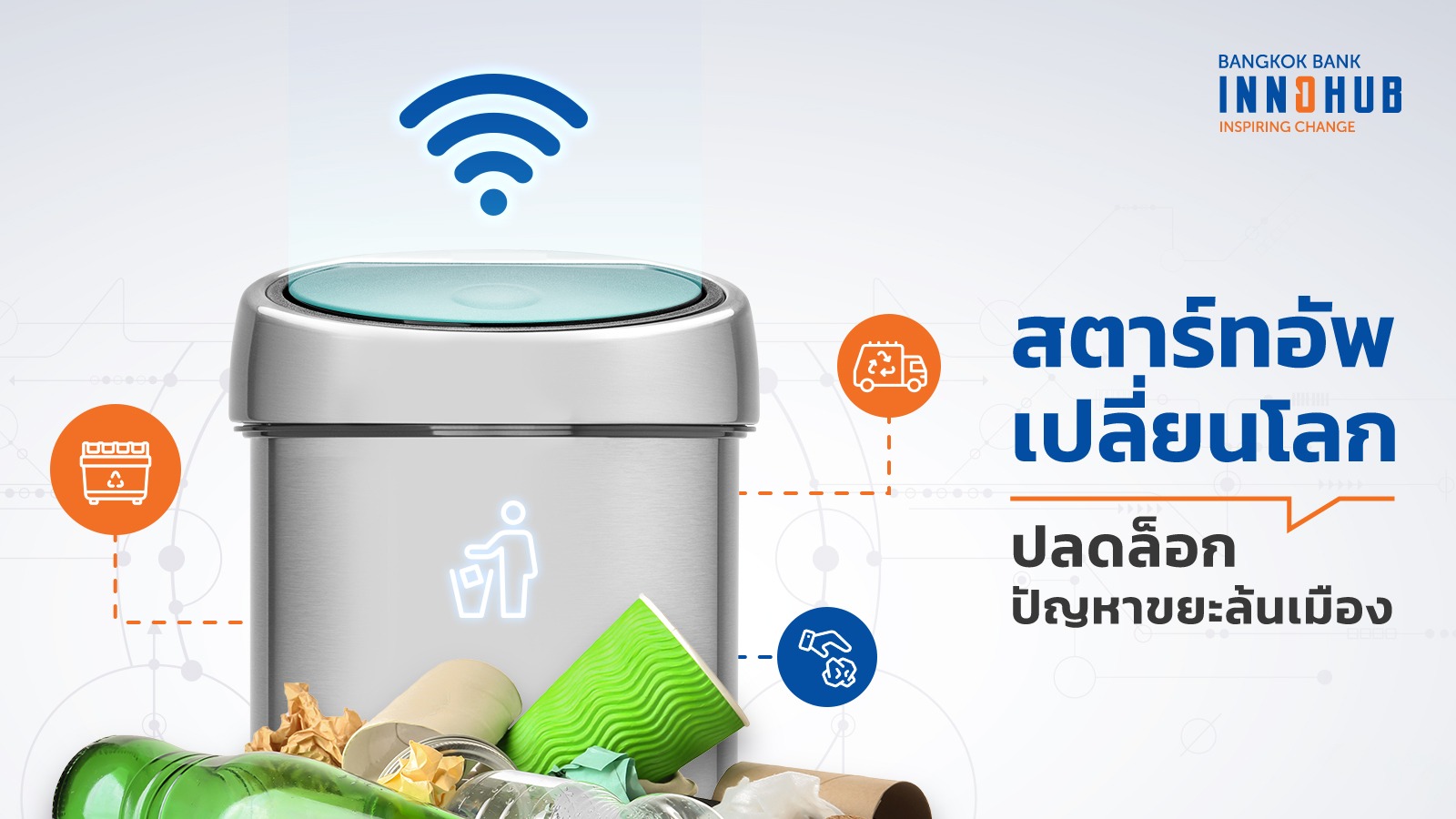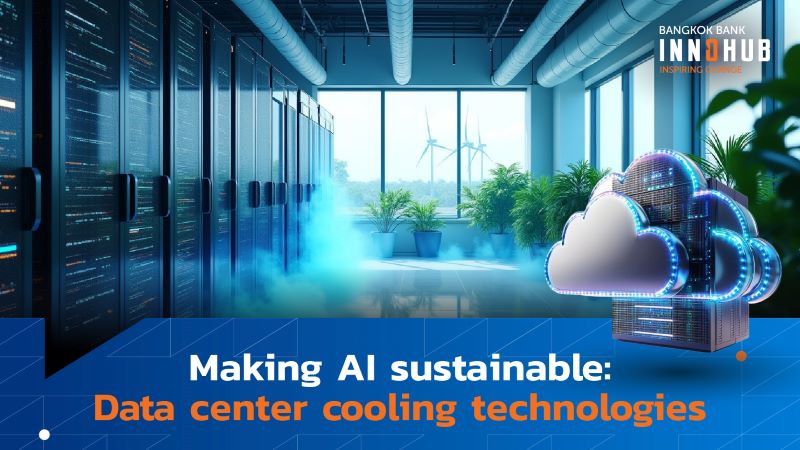How Startups are Changing the Future of Waste Management
Although the COVID-19 pandemic has slowed down the world economy, our planet continues to accumulate unsustainable levels of waste – in some areas this has increased due to the crisis. From personal protective equipment such as surgical masks and gloves (many of which are made from plastic), to the single-use plastic and paper items used in food delivery and all the packaging needed for online shopping, the urgent need for worldwide waste disposal solutions is one of the only things that hasn’t changed much in 2020.
If anything, the situation may have become worse. Due to the pandemic, garbage collectors are less likely to sort through waste, for fear of contamination. Mismanagement of waste is the inevitable result. Plastic bottles, for example, are now far more likely to end up in landfills, rivers, and oceans. Here they break down and release chemical components that can harm the ecosystem and trigger new health crises.
In an ideal world, plastic, glass, metal and paper waste should be recycled. Otherwise they can accumulate in piles of garbage that can be catastrophic to the environment as well as public health – not to mention expensive, as the problem waste needs to be disposed somehow.
With the COVID-19 pandemic demanding immediate and universal attention, waste management has largely been brushed aside as a secondary concern. Moreover, as economies heal and a ‘new normal’ begins to take shape, some observers worry that people will get accustomed to the convenience of single-use plastic – while forgetting their repercussions on our environment. Experts are also concerned that commitment to sustainability will take a backseat amongst governments and businesses in recovery – already we’re beginning to see the rolling back of environmental regulations in some countries.
Clean Tech to the Rescue?
Like the fight against the virus, the project of keeping the earth clean will require massive coordination between all sectors of society. Although the global waste management industry does most of its work outside of the spotlight, a few key advances in technology and innovation could help optimize the waste management process. A few notable examples from startups can be found below:
- Automated waste management systems, also known as interactive recycling bins, educate users by telling them which items should be recycled or composted. The bins can also be fitted with underground waste disposal systems to transport waste away from residential areas without the need to be regularly emptied by waste trucks. EvoBin is an up-and-coming player in this field, being able to increase correct composting by 20%, decrease incorrect recycling by 15%, and save 40% on some customers’ yearly waste bills.
- The use of anaerobic digestion to turn plastic waste into energy and fertilizer. Researchers from Char Technologies have found a way to use anaerobic digestion from bacteria to convert plastic into activated charcoal. From there, it can be sold to natural gas companies for re-packaging as fertilizer. Similar initiatives are also springing up in Thailand; a team at the Asian Institute of Technology has produced a similar bio-based system that turns food waste directly into electricity.
- Enzyme-based solutions can break down plastic bottles into their chemical building blocks, so they can be converted to high-quality plastic. The company behind this technology, Carbios, expects to implement it on an industrial scale within the next 5 years.
- Apps that monitor and track waste can function as a waste management information hub, helping users properly manage the waste they generate. iRecycle, for instance, informs users of the nearest recycling center in the vicinity, while also tracking their contribution to the recycling effort. A Thai app called RecycleTime helps organize recyclable waste pickups on request, giving users real money as a reward for frequent use.
New ideas like these are already helping the world manage its waste – particularly plastic – in a more productive and sustainable manner with promising new concepts coming from all around the world. Given the great need for improvement in this area, and so much potential from modern technology, the time is now for tech-oriented businesses to step forward and contribute.




